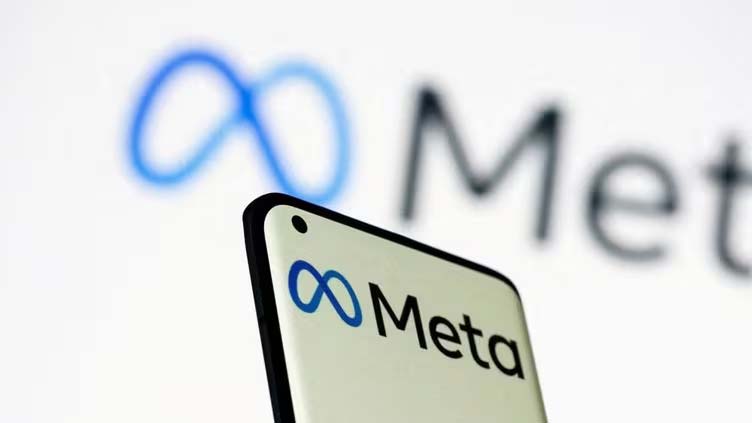EU privacy watchdogs urged to oppose Meta's paid ad-free service

Technology
This followed a request from the Dutch, Norwegian and Hamburg privacy watchdogs
BRUSSELS (Reuters) - Europe's privacy enforcers should oppose Meta Platforms' no-ads subscription service launched in Europe last November because it requires users to pay a fee to ensure their privacy, a model likely to be copied by other companies, a group of 28 organisations said on Friday.
The joint letter by privacy activist Max Schrems' advocacy group NOYB, the Irish Council for Civil Liberties, Wikimedia Europe, the Electronic Privacy Information Centre and others to the European Data Protection Board (EDPB) comes as the EDPB prepares to issue guidance in the coming weeks on the consent or pay model.
This followed a request from the Dutch, Norwegian and Hamburg privacy watchdogs to the EU privacy regulator for an opinion.
Meta (META.O), opens new tab reiterated that the service that applies to Facebook and Instagram aims to comply with EU rules to give users a choice whether their data can be collected and used for targeted ads while users who consent to be tracked get a free service which is funded by advertising revenues.
"Subscription for no ads' addresses the latest regulatory developments, guidance and judgments shared by leading European regulators and the courts over recent years," a Meta spokesperson said.
"Specifically, it conforms to direction given by the highest court in Europe: in July, the Court of Justice of the European Union (CJEU) endorsed the subscriptions model as a way for people to consent to data processing for personalised advertising."
The 28 organisations warned that other companies may follow Meta's lead.
"If 'pay or okay' is permitted, it will not be limited to news pages or social networks but will be employed by any industry sector with an ability to monetise personal data via consent," they said in the letter.
"In practice, this would successfully undermine the GDPR, the high European data protection standard and wash away all realistic protections against surveillance capitalism," they said, referring to landmark EU privacy rules adopted in 2016.
"We believe that Meta, and other companies likely to follow suit, are cognizant of the fact that a majority of users will neither be able nor willing to pay a fee."


